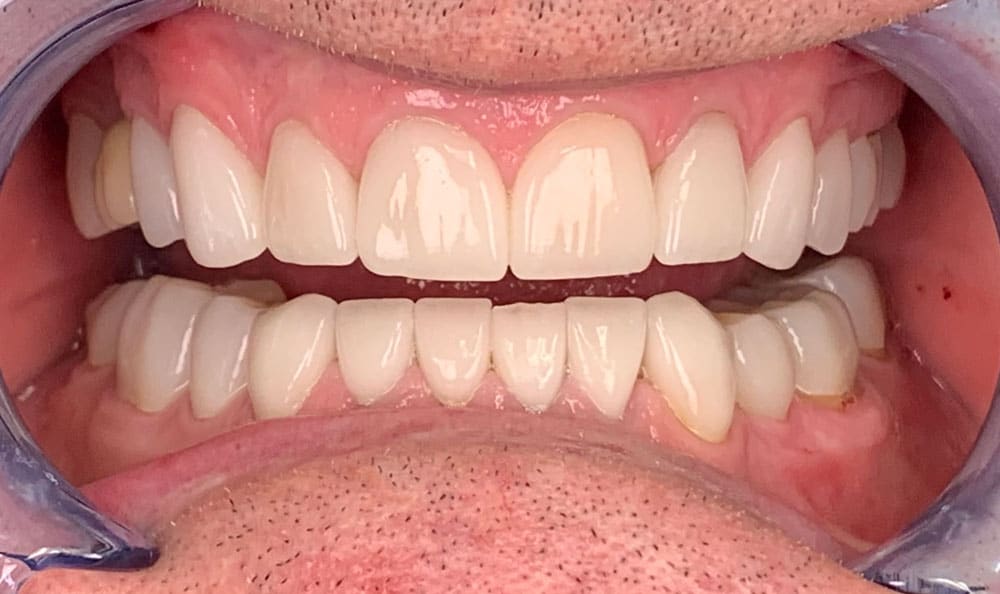How To Prevent Infection After Wisdom Tooth Extraction In Houston?
Imagine that you are in the dentist's office, and they inform you that you must have your wisdom teeth removed. Although it may seem frightening, the dental procedure at Wisdom Teeth Extraction Near Me in Houston is quite normal. Third molars, sometimes referred to as wisdom teeth, frequently cause issues as they erupt. This article will guide you on how to avoid infections after wisdom tooth removal and how to spot the symptoms if one does happen.
Preventing Infection
Good Oral Hygiene
Maintaining proper dental hygiene is one of the best ways to prevent early stage wisdom tooth infection after wisdom tooth removal. To prevent affecting the healing process, use caution when near the surgery site. Additionally, washing with a saltwater solution can keep your mouth clean.
Follow Post-Op Instructions
Following the removal of your wisdom teeth, the Urgent Dentist Near Me in Houston will provide you with detailed aftercare instructions. These guidelines are essential for avoiding illness. They might include staying away from specific meals, not using straws, and taking prescription drugs as instructed. Recovery will go more smoothly if you adhere to these recommendations.

Keep the Area Clean
To avoid infection, the extraction site must always be kept clean. For the first few days, you should refrain from immediately brushing the surgery region. Rinse gently instead with warm seawater. You should gradually begin introducing brushing to the region as healing develops.
Watch Your Diet
In order to avoid infection, your diet is very important. During the first several days following extraction, restrict your diet to soft meals like mashed potatoes, yogurt, and soup. Avoid meals that can aggravate the surgical site, such as those that are firm, crunchy, or hot. Reintroduce regular foods gradually, as recommended by your dentist.
Signs of Infection
Persistent Pain
It may indicate a sign of wisdom tooth infection if you feel pain that is ongoing and getting worse at the extraction site. Normal discomfort should gradually lessen, but if it persists or worsens, see your dentist.
Swelling
After wisdom teeth removal, some swelling is typical; however, if it persists for more than a few days or gets worse, it might be an infection. Keep an eye on the swelling's size and texture.
Fever
Having a fever frequently indicates that your body is battling an infection. After the extraction, it's critical to call your dentist or oral surgeon right away if you experience a fever.

Foul Taste or Odor
It could be an indication of infection if you notice a bad taste or odor in your mouth that doesn't go away with good dental hygiene. Usually, microorganisms at the surgery site are to blame for this.
Difficulty Opening Your Mouth
If opening your mouth becomes more and more difficult, or if your jaw becomes rigid, it could be a sign of something wrong. Inflammation and infection may cause this.
Conclusion
In conclusion, Wisdom Teeth Extraction is a regular dental treatment, and a quick recovery depends on your ability to avoid infection and spot its symptoms. Keep in mind to practice proper oral hygiene, pay close attention to post-operative instructions, keep the extraction site tidy, and monitor your diet to prevent infection.
Comments
Post a Comment